Calvin Coleman, candidate for Illinois’ 2nd Congressional District. | Facebook / Calvin Coleman for Congress
Calvin Coleman, candidate for Illinois’ 2nd Congressional District. | Facebook / Calvin Coleman for Congress
Calvin Coleman, a 46-year-old mechanic, small business owner and political reform advocate, announced this week that he will run in the Republican primary for Illinois’ 2nd Congressional District on March 17, 2026, while continuing to identify with the newly formed Independence Party aligned with Robert F. Kennedy Jr.
Coleman said the decision reflects his frustration with Illinois’ ballot access laws, which he argues make it difficult for grassroots independents to compete.
“I was going to need anywhere from $160,000 to a quarter of a million dollars to gain ballot access as an independent,” said Coleman, who owns Coleman & Son Garage, a 24-hour towing and repair business in Dwight. “That’s just not feasible for a small, blue-collar working man to pull off. I looked this morning, and Robert Peters has already raised almost half a million dollars. When you’re small and trying to get going, we just don’t have those kinds of resources.”
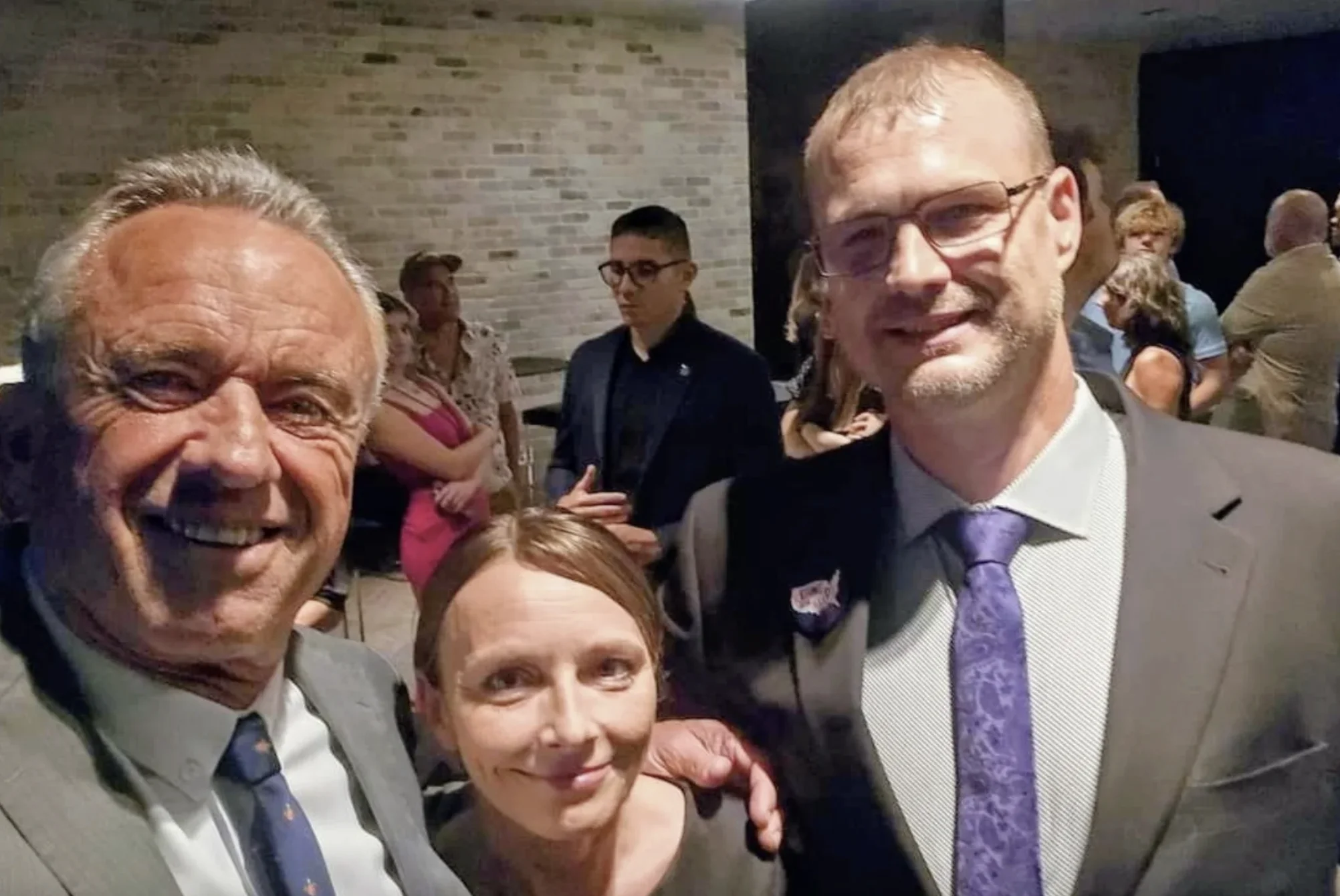
Illinois' 2nd Congressional District candidate Calvin Coleman with wife Stephanie Kinzler-Coleman and former presidential candidate and current U.S. Secretary of Health and Human Services Robert F. Kennedy Jr.
| calvincoleman.us
A former top volunteer for Kennedy’s presidential campaign, Coleman said his experience helping to get Kennedy on the Illinois ballot shaped his view of the challenges facing third-party candidates.
“We gathered 63,000 signatures on the Kennedy for President campaign to ensure we could get 25,000 valid, just to get on the ballot as an independent,” he said in a press release announcing his move to the GOP primary. “The Democrats and the Republican candidates didn't have to do that.”
Kennedy suspended his presidential campaign in August 2024 and endorsed President Donald Trump. He now serves as secretary of Health and Human Services in the Trump administration.
Coleman said entering the Republican primary is a strategic decision and not a shift in values.
“Whether it's right or wrong with (RFK Jr.’s) association with the Trump administration, I've already been lumped in as a Republican, so it wasn't that far of a leap,” he said. “I decided to bite the bullet and do it, and also try to keep it a two-person race so I wasn't pulling votes from the other Republican nominee, which was likely to happen given the layout of RFK working with Trump.”
He said Republican voters have largely responded positively.
“Many Republicans I’ve talked to were hoping I would do that anyway—that even with my affiliation with the Independence Party, they felt many of my fiscally conservative policies regarding government resonate with them,” Coleman said. “A lot of the policies around individual freedoms, health, and related issues. It’s really not been too bad. I’m sure there are some hardliners who will be harder to sway, but for the most part, it’s been okay.”
The 2nd District is expected to see a significant shift following U.S. Rep. Robin Kelly’s decision not to seek re-election.
Kelly is launching a campaign for U.S. Senate, leaving her congressional seat open. Democratic candidates who have entered the race include Yumeka Brown, Eric France, Donna Miller, Robert Peters, Willie Preston, Adal Regis and Jeremy Young.
Republican Ashley Ramos is also running, setting the stage for a competitive general election on Nov. 3, 2026.
Coleman acknowledged the challenges of taking on a crowded field but said he hopes voters are ready for something new.
“I feel like that’s going to be a big factor going into this election,” he said. “I know that the GOP, like with District 2, is not flush with candidates running as Republicans.”
Running as a Republican while holding Independence Party values, Coleman said, sends a message about his flexibility and focus on reform.
“I think I did it the way I wanted to,” he said. “I really wanted to draw awareness to how hard it is for new parties and independent movements. I still want to inspire people to run. But during the signature window, I was going to have to take three months off work. I feed my family with this business. By doing this, I can focus on getting the message out instead of just trying to get on the ballot.”
Illinois’ 2nd Congressional District includes parts of Cook, Kankakee, Vermilion, Will, Livingston, Iroquois, Champaign and Ford counties.
Cook County accounts for more than 64% of the district’s population, with major cities including Chicago, Calumet City, Danville, Lansing and Kankakee playing key roles in the district’s political landscape.
Coleman said his candidacy remains focused on revitalizing struggling communities, improving public health, and dismantling the influence of corporate power in government.
He also wants voters to understand how the system discourages independent voices from getting a fair shot.
“I think some people are oblivious to it,” Coleman said. “They don't understand. I hear a lot—‘We need an independent. We need a third party.’ It’s not that we're not trying. They're out there. It's just trying to get through all the bureaucratic red tape to gain ballot access and get the message out. It’s a tough hill to climb. Part of my candidacy has been to bring awareness. It’s the same thing we went through with RFK for president—people didn’t understand, but we were able to explain, and then it started to make more sense, and people became more involved in the process.”
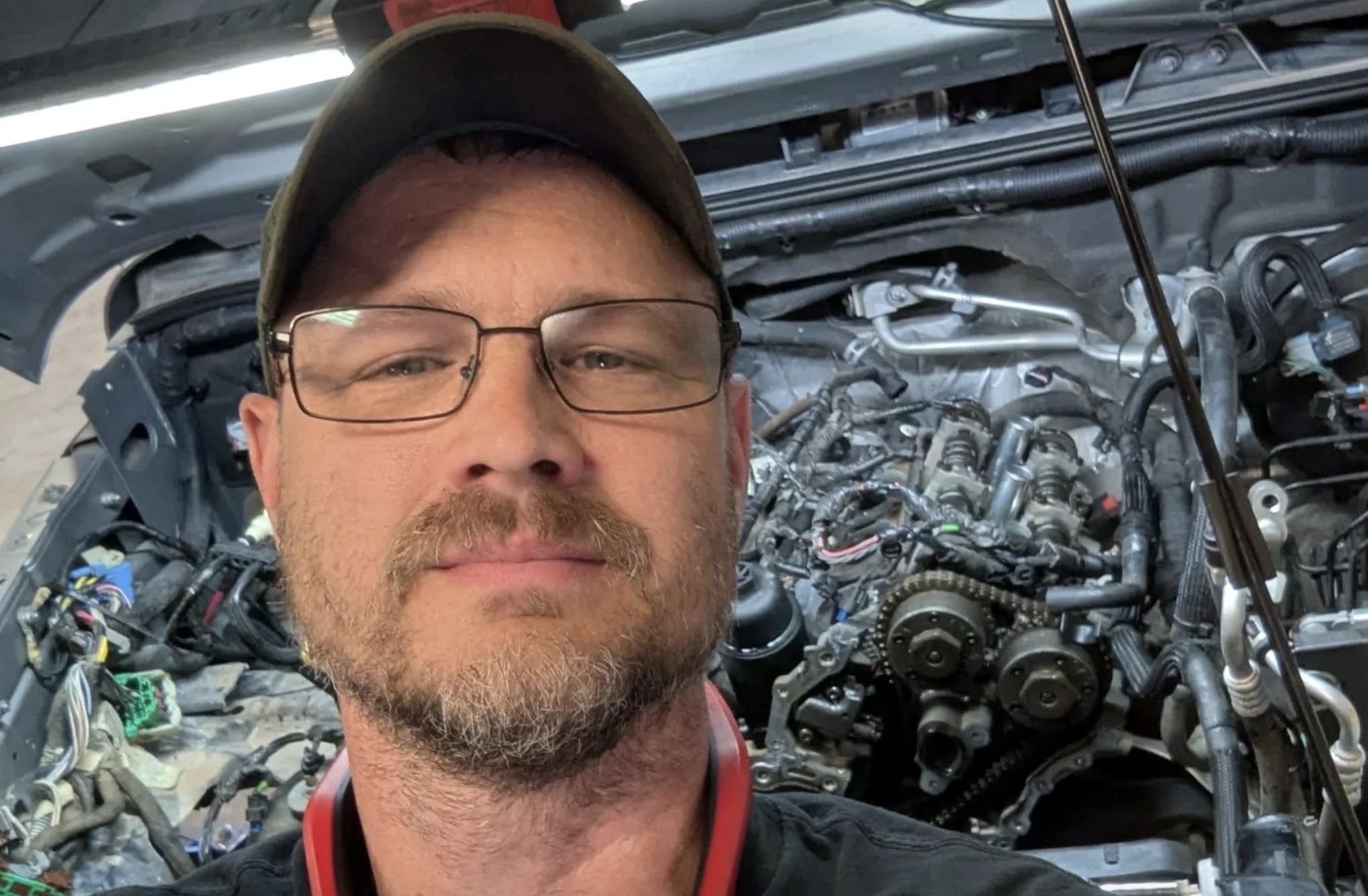
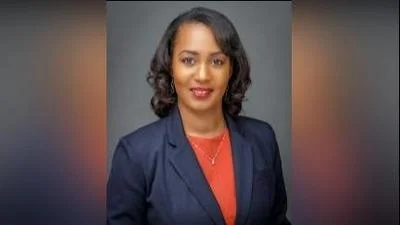
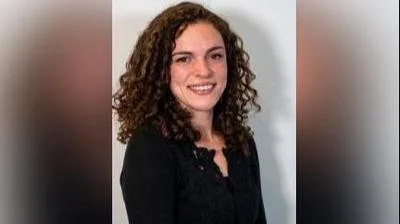

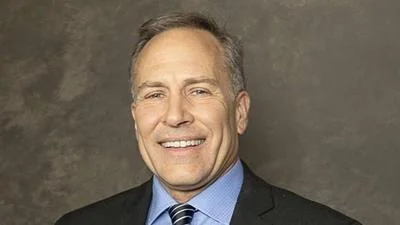

 Alerts Sign-up
Alerts Sign-up